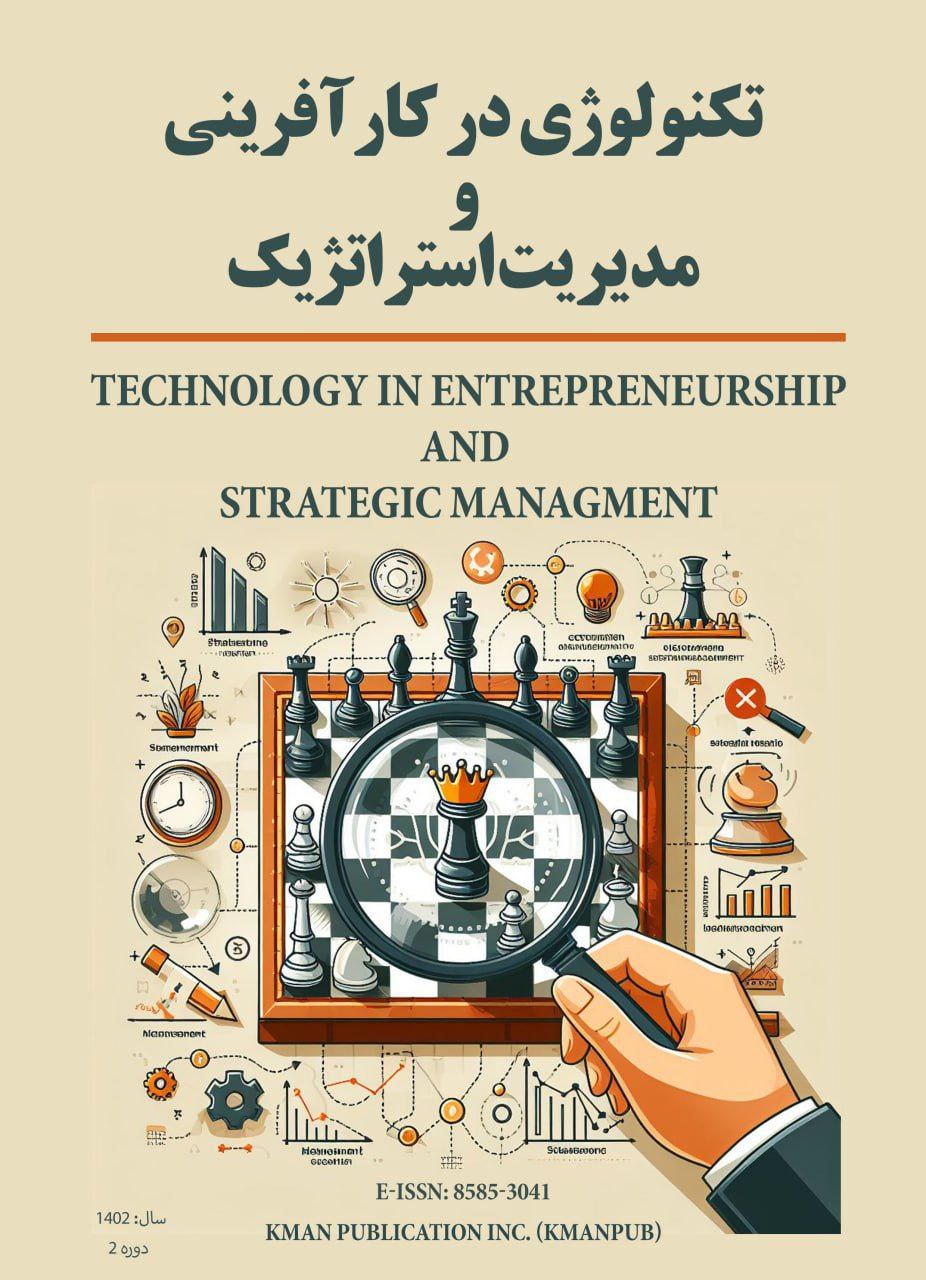Utilizing Novel Technologies to Enhance Logistics and Distribution Processes in Retail Businesses
Keywords:
Retail Business, Logistics and Distribution, Innovative Technologies, Qualitative Research, Process Improvement, Socio-Economic ImpactAbstract
This study aims to explore how innovative technologies can be employed to improve logistics and distribution processes in retail businesses, enhancing efficiency, reducing costs, and increasing customer satisfaction. A qualitative research design was employed, focusing on semi-structured interviews with managers and employees in the logistics and distribution sectors of various retail businesses. Participants were selected based on predefined criteria to ensure a diverse range of experiences and perspectives. Four main themes emerged from the analysis: Innovative Technologies, Process Improvements, Socio-Economic Impacts, and Challenges and Solutions. Each theme encompasses categories with specific concepts, such as warehouse management systems, data analysis platforms, communication solutions, optimization of distribution, inventory management, enhancing customer satisfaction, employment effects, environmental sustainability, economic development, technological barriers, organizational resistance, and legal and security issues. The study concludes that the strategic use of innovative technologies in retail logistics and distribution can significantly enhance operational efficiency and sustainability. However, overcoming implementation challenges requires a focus on skill development, organizational culture adaptation, and strategic planning.
Downloads
References
Ahmed, I., Mehta, S. S., Ganeshkumar, C., & Natarajan, V. (2022). Learning From Failure to Enhance Performance: A
Systematic Literature Review of Retail Failure. Benchmarking an International Journal. https://doi.org/10.1108/bij-04-
-0189
Baimukhanbetova, E., Sandykbayeva, U., & Jussibaliyeva, A. (2023). Digital Technologies in the Transport and Logistics
Industry: Barriers and Implementation Problems. Eurasian Journal of Economic and Business Studies.
https://doi.org/10.47703/ejebs.v1i67.255
Klein, P. (2023). A Comparison of the Environmental Sustainability of Brick‐and‐mortar Retailing and Online Retailing:
Contrasting Academic Research and Consumer Perceptions. Business and Society Review.
https://doi.org/10.1111/basr.12332
Marchet, G., Melacini, M., Perotti, S., Rasini, M., & Tappia, E. (2018). Business Logistics Models in Omni-Channel: A
Classification Framework and Empirical Analysis. International Journal of Physical Distribution & Logistics
Management. https://doi.org/10.1108/ijpdlm-09-2016-0273
Marín-García, A., Saura, I. G., & Ruiz‐Molina, M. E. (2019). How Do Innovation and Sustainability Contribute to Generate
Retail Equity? Evidence From Spanish Retailing. Journal of Product & Brand Management. https://doi.org/10.1108/jpbm12-2018-2173
Nikiforov, O., Levkin, G., & Simak, R. (2023). Digital Transformation of Logistics Processes in the Transport System - Basic
Trend of the Modern World Economy. E3s Web of Conferences. https://doi.org/10.1051/e3sconf/202338102007
Downloads
Published
Submitted
Revised
Accepted
Issue
Section
License

This work is licensed under a Creative Commons Attribution-NonCommercial 4.0 International License.











